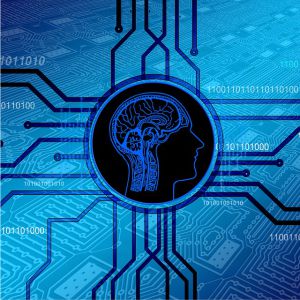
Artificial Intelligence In Plain English
Artificial Intelligence is a collection of related technologies and approaches (Machine Learning, Natural Language Processing, Artificial Neural Networks, etc.) that enables computers or machines to perform intelligent tasks and algorithms by learning and adapting, similar to humans.
Popular Paths to Artificial Intelligence

Machine Learning (ML)
A branch of Data Science and an approach to Artificial Intelligence that applies dynamic learning techniques to make predictions and/or decisions.

Natural Language Processing (NLP)
A branch of Artificial Intelligence that applies algorithms to enable computers analyze, understand and process (Natural) human language.
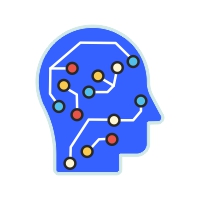
Artificial Neural Networks (ANN)
A framework of different connected Machine Learning algorithms used to solve problems similar to a human brain.
Artificial Intelligence and the Future of Jobs & Work
While machines cannot completely replace all human jobs, enterprises can benefit from AI by supplementing human capabilities with the ability of AI to analyze more complex and technical tasks in a much shorter time than humans.
Communication, Management and Oversight jobs will forever have a space for humans.

Artificial Intelligence: Use Cases

Banking
- Anti-Money Laundering
- Risk Management Recommendations
- Fraud Detection and Prevention
- Recommend savings based on spending habits
- Dynamic Virtual Financial Assistants

Healthcare
- Improve healthcare delivery
- Analyze millions of symptoms for precise diagnosis
- On-demand healthcare with virtual diagnosis
- Automate emergency services
- Recommend diet

Insurance
- Automated analysis of claims
- Fraud Detection and Prevention
- Personalized marketing
- On-demand insurance with chatbot
- Customer Analytics and Recommendations

Manufacturing
- Augment labour and physical capital
- Predictive product maintenance
- Verifying for product defects
- Optimizing supply chain
- Human-Machine collaboration

Travel & Transport
- Self driving vehicles
- Planning best route to destination
- Voice based travel guide & booking
- Automated travel recommendations

Education
- Dynamic Educational Content based on Student Personality
- Provide additional learning early to potential dropouts
- Automatic translation of educational content
Principles for the Ethical Use of AI
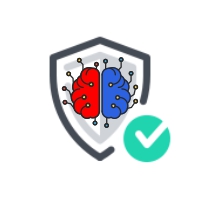
Privacy & Security
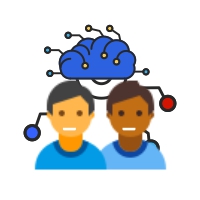
Inclusivity

Reliablity
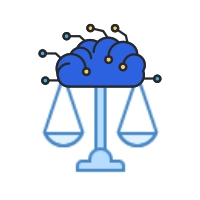
Fairness

Transparency
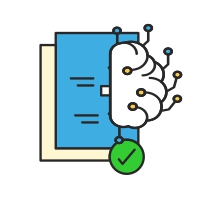
Accountability
AI Governance
Questions to Guide AI Implementation

AI Strategy

Company Culture

AI Implementation
